In Switzerland, having a child is becoming a luxury
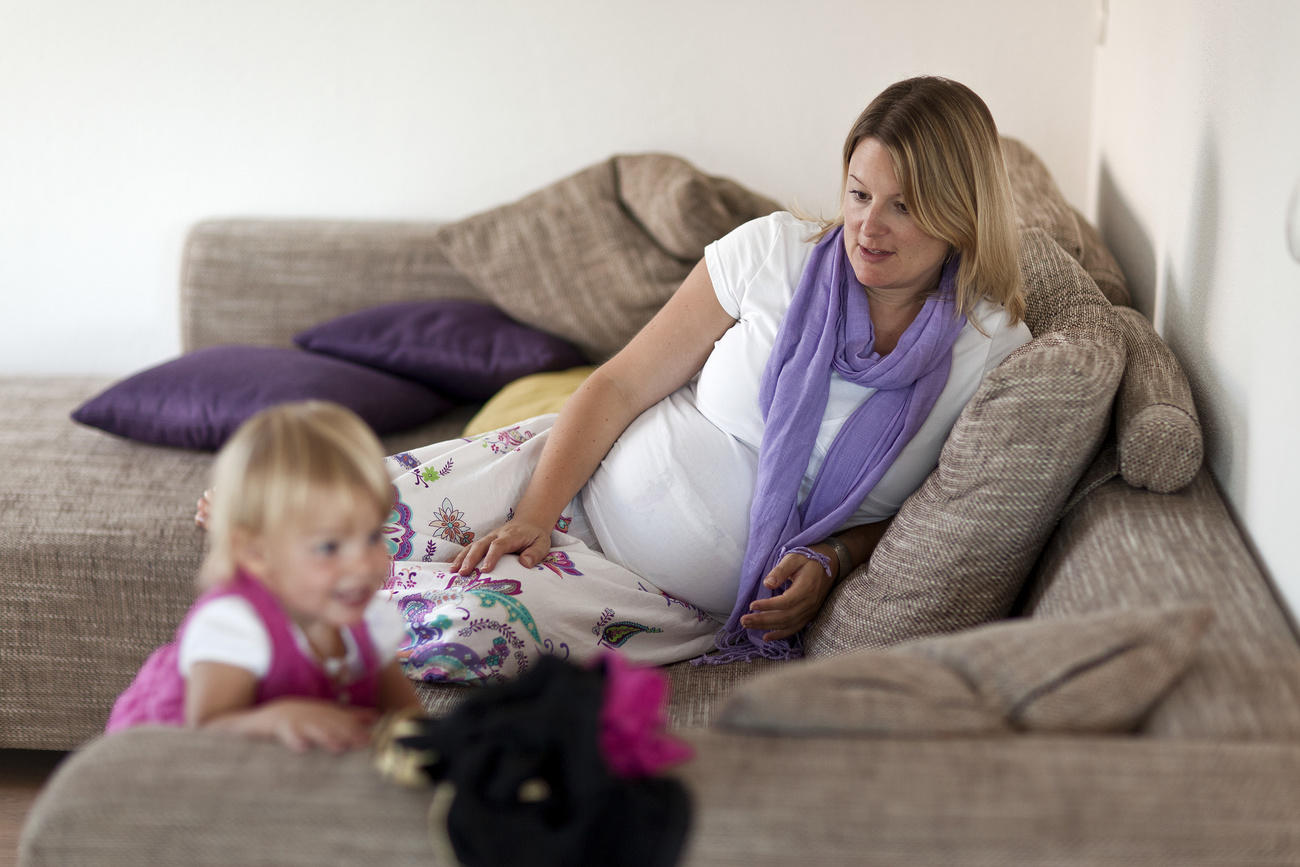
Women in Switzerland are having fewer children, and they are having them later. Many push back plans for a family because education and career take priority, or because they can’t find a suitable partner. This is first part in our series about parenting in Switzerland.
A first child in your mid-thirties? This is no longer a rarity in Switzerland, where many women now decide to have a child quite late – on average, at the age of 30.9. Twenty years ago, the average age for having a first child was 28.3 years old.
According to data from the Max Planck Institute and Vienna University, the age of a mother on the birth of her first child has increased in all Organisation for Economic Development and Cooperation (OECD) countries in the past decades. On average, women in OECD countries were 28.9 when they had their first child.
But only in Spain were first-time mothers older than in Switzerland.
Swiss couples are not just having children late, they are also not having many. Women in the country have 1.52 children on average – a figure that has remained relatively constant since 1990. Foreign women living in Switzerland have, on average, more children than Swiss women.
Parenting in Switzerland series
What does taking responsibility for children mean? What difficulties does parenting in Switzerland entail? What does it mean if the desire to have children is unfulfilled? We focus on various aspects of parenting.
But here, in the European context, Swiss women are only slightly below average: according to data from the Wittgenstein Centre for Demography and Global Human Capital in Vienna, women in Spain, Italy, Cyprus and Romania, for example, have even fewer children.
On the other hand, women in Georgia, Turkey and France have the most children. The reason France ranks so highly is that pre-schools for infants aged three and over were already available at the beginning of the 20th century. The state offered early childcare support to help women get back to work after giving birth.
Yet even in France, the birth-rate is falling.
The longer the education, the fewer the children
What are the reasons for having children so late in Europe, and particularly in Switzerland? For one, women today spend longer in education than they did a few decades ago, says Bettina Isengard, a Zurich University sociologistExternal link.
This is true of all western countries. An academic education lasts several years, so the age at which people start families is later now than it was before.
The choice of partner has also changed in the last couple of generations, Isengard says. Women have become choosier, which means that sometimes there is no suitable partner available with whom to plan a family.
Another reason for low fertility rates in Switzerland is the childcare situation, Isengard says. Women in Switzerland have a relatively short maternity leave, at 14 weeks. Meanwhile, the recently approved two-week paternity leave only helps men and women a little, and there is no paid parental leave for both partners. The birth of a child is a career disruption that many women consider carefully.
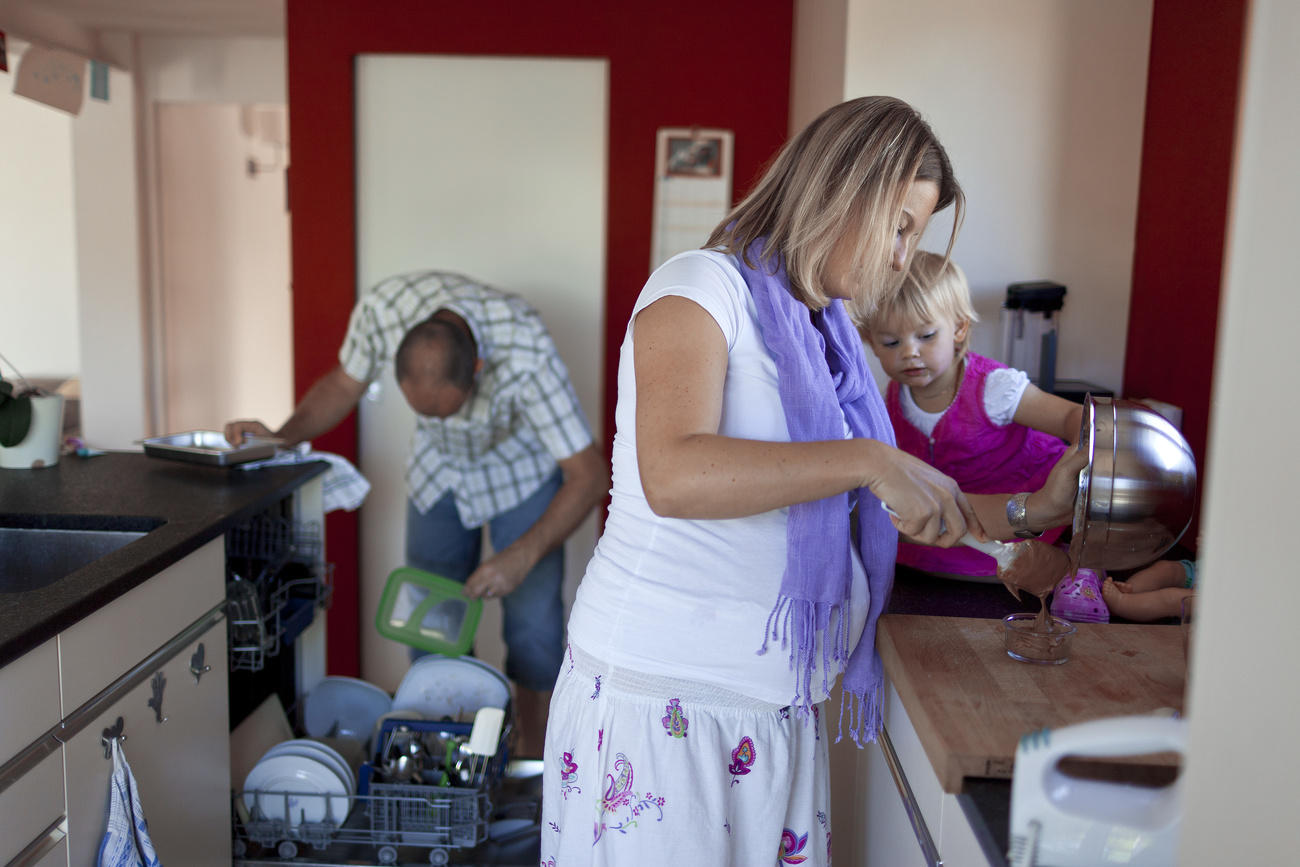
High cost of childcare in Switzerland
Childcare costs in Switzerland are also high in comparison to other countries, so many people don’t feel financially secure enough, Isengard says. “Not all parents can afford a crèche. Despite subsidies, for many the costs are very high compared with income,” she says.
And it’s not just crèches that are expensive. Having a child in Switzerland is almost a luxury. According to a study by the Zurich Youth Office, a child costs between CHF1,200 and CHF1,800 a month, depending on its age. The median gross wage is CHF6,500 francs – so a child costs between 18 percent and 27 percent of the gross wage of one parent.
Parents therefore must pay about CHF1,500 per month for a ten-year-old child, for example, or CHF18,000 per year. The highest costs are accommodation (CHF560 per month), food (CHF340) and leisure activities (CHF300). Isengard confirms this. People who earn less than average can run into problems, for example if they need to move to a bigger apartment – especially in cities.
Involuntarily childless
Consequences of this are that parents are becoming older, and also many remain childless involuntarily. Fertility declines in both sexes with increasing age; in women especially, it declines rapidly after the age of 35.
There are also couples who are unable to conceive a child, regardless of their age. A couple who doesn’t conceive after two years of unprotected sex is considered infertile. That applies to about 7 percent of couples in Switzerland. Many couples opt for medical reproductive assistance.
In Switzerland, the number of women who opted for medical help in the 2000s increased and reached a peak in 2010. Today, one child in 40 is conceived via artificial insemination.
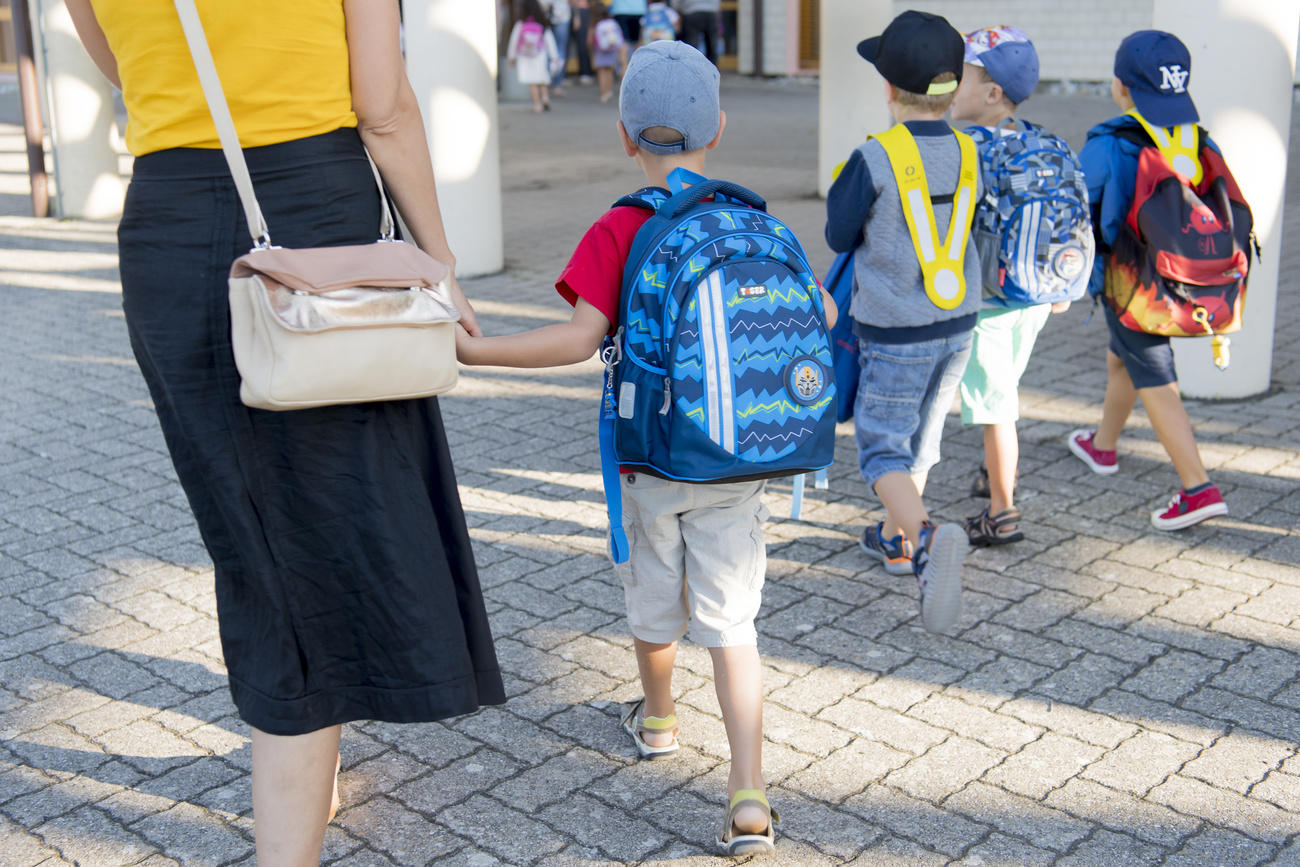
More
Raising two children in Switzerland costs at least half a million francs
Translated from German by Catherine Hickley, swissinfo.ch

In compliance with the JTI standards
More: SWI swissinfo.ch certified by the Journalism Trust Initiative

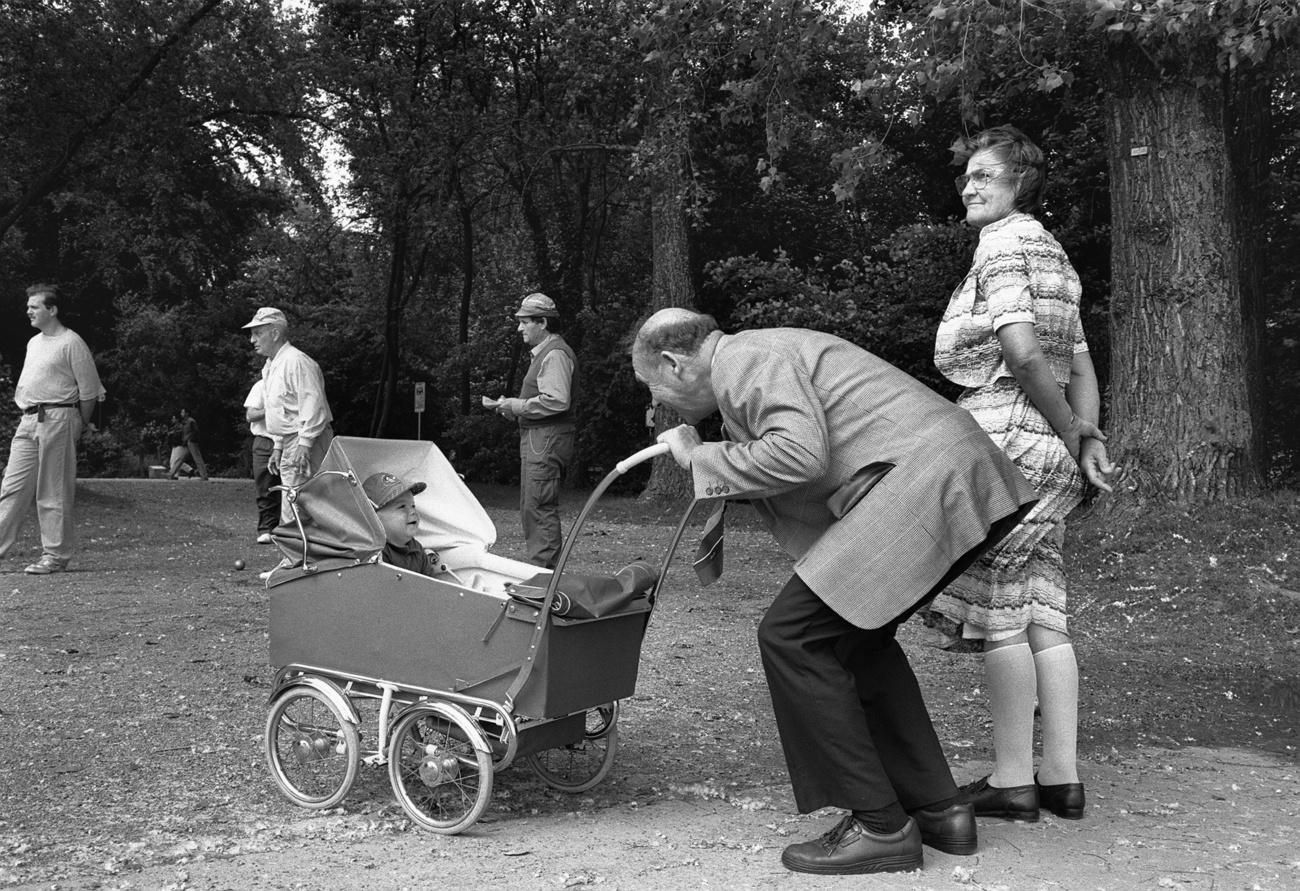
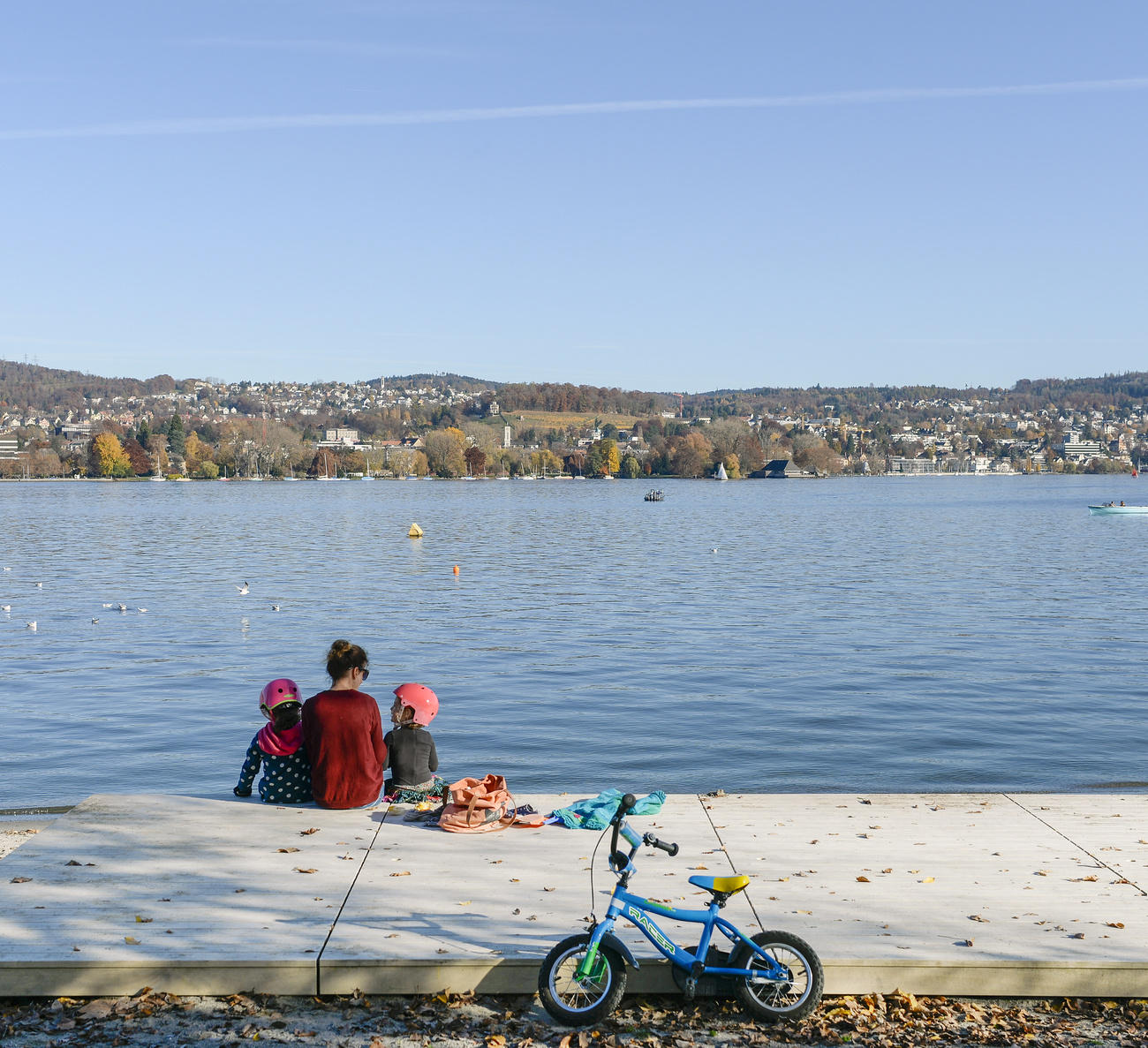
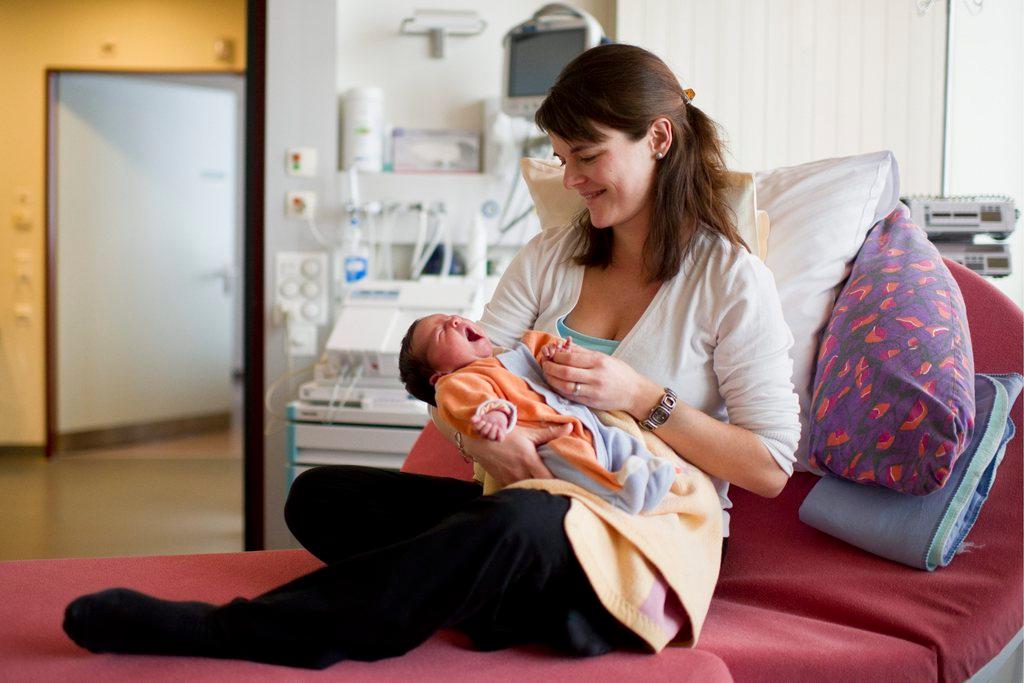
You can find an overview of ongoing debates with our journalists here. Please join us!
If you want to start a conversation about a topic raised in this article or want to report factual errors, email us at english@swissinfo.ch.